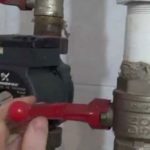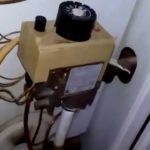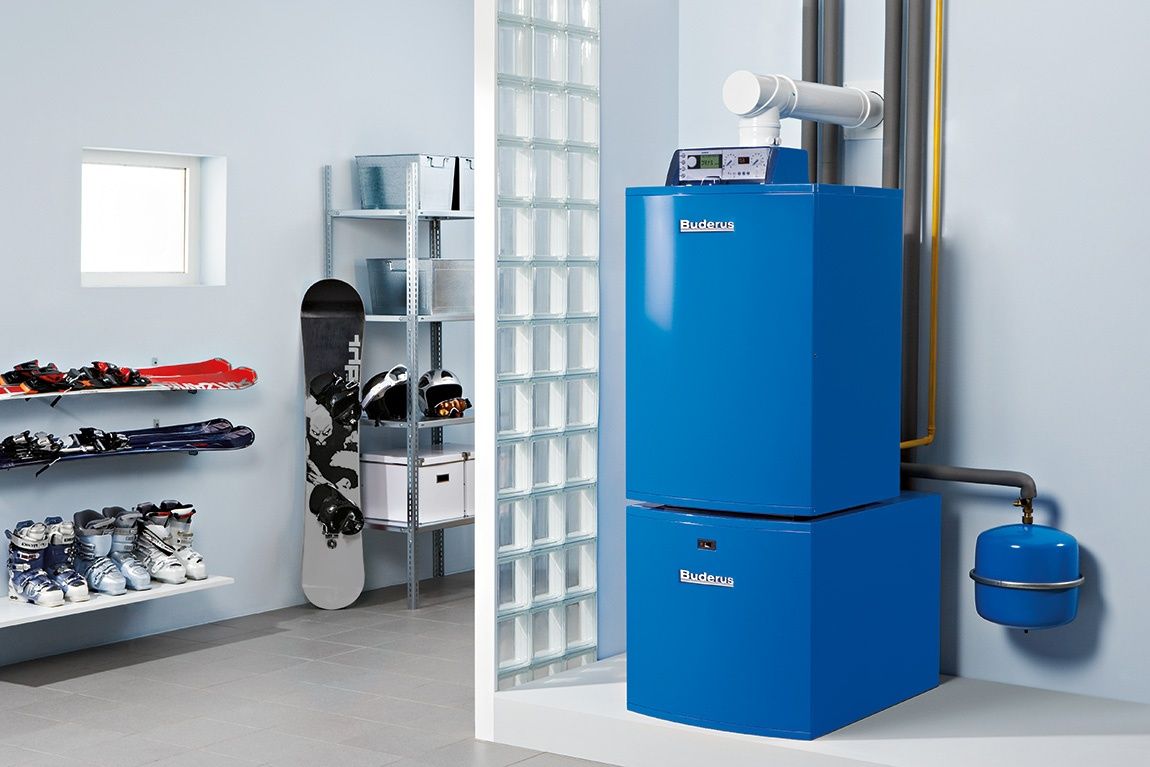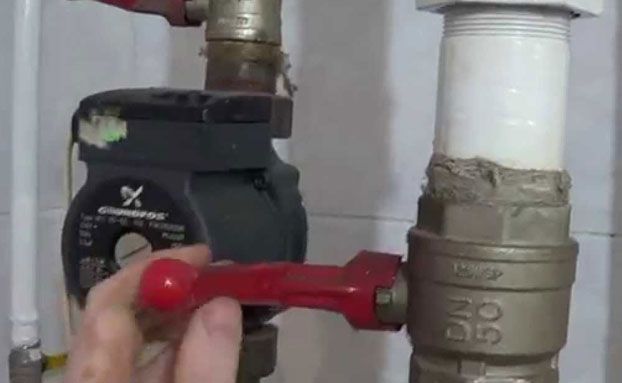The gas boiler is noisy
It happens that some boiler users have problems with their operation. For example, you may notice characteristic and unpleasant noises or hums coming from the device.
The content of the article
Main causes of noise and humming
 Naturally, if a gas boiler is noisy, this is one of the few indicators of the presence of some kind of problem. It must be detected and the source eliminated in the short term. It is strongly recommended that you entrust such a task to a special master who can do everything accurately and reliably. Moreover, this scenario is the safest. However, when getting down to business on your own, you need to know the basic points. They will be discussed in this article.
Naturally, if a gas boiler is noisy, this is one of the few indicators of the presence of some kind of problem. It must be detected and the source eliminated in the short term. It is strongly recommended that you entrust such a task to a special master who can do everything accurately and reliably. Moreover, this scenario is the safest. However, when getting down to business on your own, you need to know the basic points. They will be discussed in this article.
Oversaturation of water with oxygen in the heating system
 The first thing that comes to mind is oversaturation. The air that circulates in the system can be the source of the problem. Typically, popping is a monotonous and spontaneous sound accompanied by crackling. Vibration may also occur, affecting not only the device, but also the batteries. When the water heats up, small bubbles appear and hence a buzzing sound occurs.Of course, this does not entail large-scale consequences, however, there is discomfort for residents and surrounding people.
The first thing that comes to mind is oversaturation. The air that circulates in the system can be the source of the problem. Typically, popping is a monotonous and spontaneous sound accompanied by crackling. Vibration may also occur, affecting not only the device, but also the batteries. When the water heats up, small bubbles appear and hence a buzzing sound occurs.Of course, this does not entail large-scale consequences, however, there is discomfort for residents and surrounding people.
To provide yourself and others with silence and prolong the operation of the structure, you just need to change the previous type of system to a new one. It consists of installing valves that will help eliminate noise. In addition, it is recommended to update the tank. Install a membrane one instead of an expansion one.
Deposits on parts
 The sediment remaining on the products due to the same liquid circulation may be important. Of course, the water is not filtered, so there is a chance that scale will be deposited. Consequently, after some time a small mass of these sediments is formed. Therefore, the unit involuntarily begins to reduce performance indicators. First, the temperature of the heat exchanger increases, which it transfers to other products. Next, new growths begin to appear throughout the system. Subsequently, the passage for water flow narrows.
The sediment remaining on the products due to the same liquid circulation may be important. Of course, the water is not filtered, so there is a chance that scale will be deposited. Consequently, after some time a small mass of these sediments is formed. Therefore, the unit involuntarily begins to reduce performance indicators. First, the temperature of the heat exchanger increases, which it transfers to other products. Next, new growths begin to appear throughout the system. Subsequently, the passage for water flow narrows.
This is why unwanted sounds can be observed. To avoid such cases, it is necessary to carry out preventive maintenance of the equipment - promptly clean the pipes using special means and clean water.
ATTENTION! If it concerns traditional methods, then it is a solution of vinegar with 4%.
Fan malfunction
Defects often appear in the operation of the cooling source of the entire system. This may occur due to prolonged use of the fan, that is, its age and wear. Since the device itself is located above the main burner, in the upper part of the boiler, the service life is significantly reduced due to constant exposure to high temperatures.
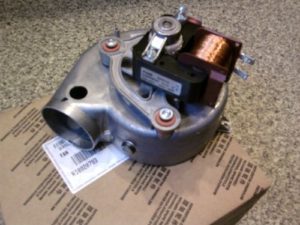
Of course, during this time the lubricant dries out at the bearing, and various dirt and dust accumulate on the device. In such a situation, you should immediately contact the service. A specialist in his field will lubricate the necessary parts and replace the unit with a similar one, only new and clean. Thus, there will be no need to disassemble the entire boiler or purchase another one.
Reduced gas pressure
In cases where this indicator decreases, there is a significant decrease in water in circulation. Due to this sequence, the temperature in the system increases, which directly leads to its overheating. Actually, it turns out that the thermal output has a very low level. But this is not so scary, you just need to monitor the pressure gauge first. It is he who collects all the necessary information about the pressure reading.
IMPORTANT! The normal, most optimal performance indicator is considered to be from one and a half to two atmospheres. And it is recommended to adhere to this aspect and remember it.
What to do if the boiler hums when you turn on hot water
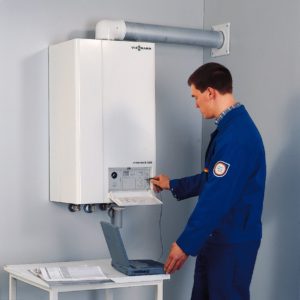 Do not panic under any circumstances.
Do not panic under any circumstances.- It is necessary to call a qualified technician to solve the problem.
- In another outcome of events, figure out the cause of the defect.
- Depending on this, either carry out preventive cleaning or chemical flushing in the heat exchanger and in the entire heating system.
- Or adjust the pressure.
ATTENTION! There is no need to constantly interfere with the operation of the gas device for those who do not have professional skills and knowledge. This poses a possible risk or harm to human health.
It is important to detect a problem in the boiler prematurely and not delay its elimination.Compliance with such recommendations will certainly extend the life of the device and protect against threats. A gas boiler requires careful handling.

